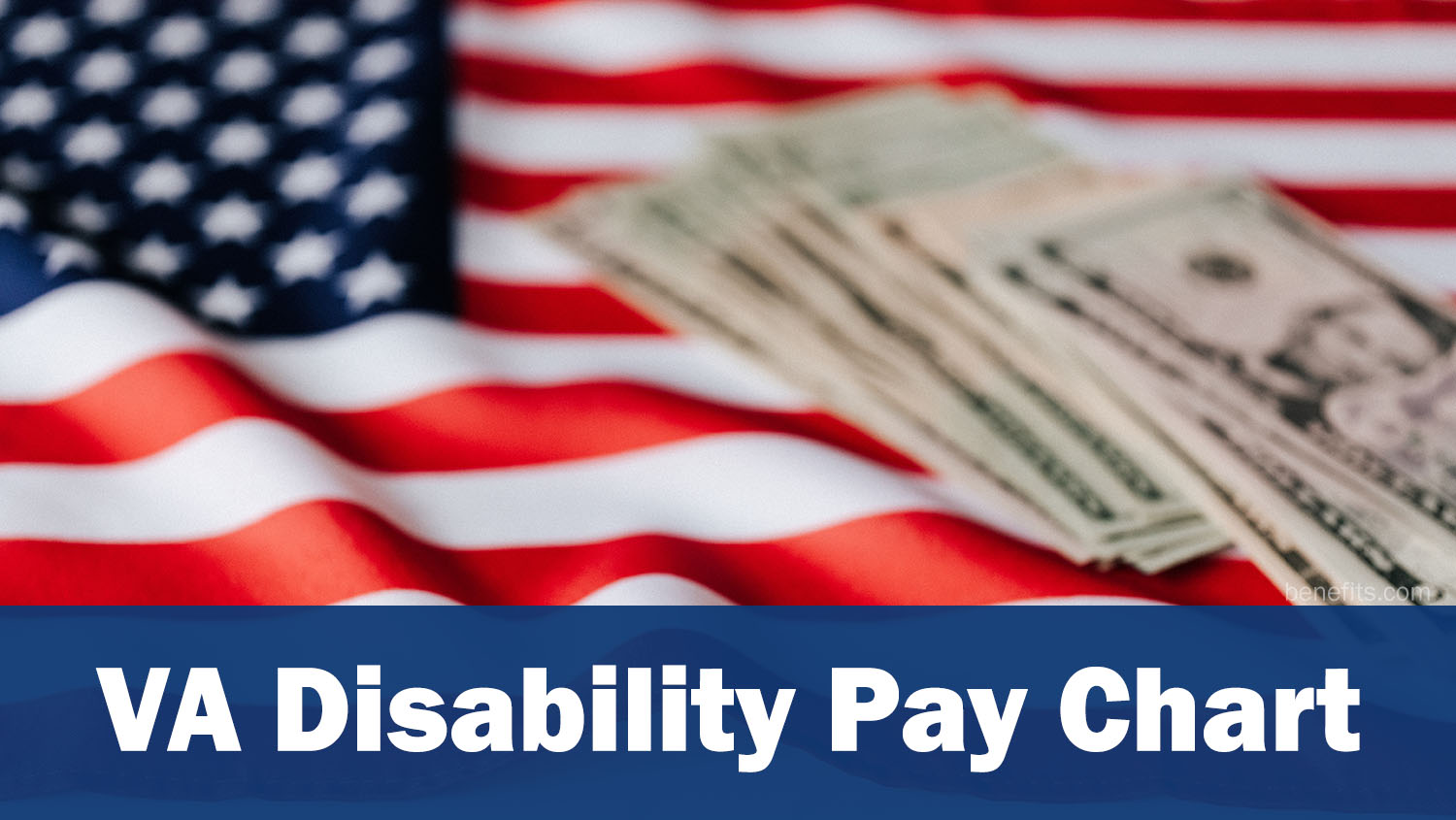The VA payment table for 2025 includes financial compensations for veterans with disabilities related to their military service.
These payments are critical support for those who, after serving their country, struggle to meet their daily expenses due to the limitations imposed by their disabilities.
This year’s cost-of-living adjustment (COLA) has pushed payments up 2.5%. This increase, which went into effect in December 2024, is intended to help beneficiaries maintain their purchasing power in the face of rising inflation rates.
What is the payment table for disability beneficiaries?
If the veteran has more dependents, such as children or parents, the figures rise. For example, a beneficiary with 100% disability, spouse, and two parents will receive $4,387.79 per month.
The amount each beneficiary receives is based on three major factors:
- Disability percentage: The range goes from 0% to 100%, reflecting the severity of the condition.
- Dependents: Having children, spouses, or parents in your care can increase the monthly payment.
- Additional conditions: Situations like a disabled spouse or specific medical needs can modify the amounts.
For example, in 2025:
- A veteran with 30% disability and a spouse will receive $601.42 per month.
- With 50% disability, the payment increases to $1,208.04 with a spouse.
- For 100% disability, the monthly payment will be $4,044.91 with a spouse.
Why are these benefits important?
A key aspect of these compensations is that they are tax-free. This means the payments are given in full to the beneficiaries, without tax deductions. Beyond the money, these benefits represent recognition of the sacrifice of veterans.
They help ensure that veterans can cover basic needs such as housing, food, or medical care, and provide tangible support to improve their quality of life.
If you’re a veteran or believe you could be a beneficiary, there are several ways to check the payments for this year:
- Visit the official Department of Veterans Affairs website at va.gov.
- Visit a local VA office for direct information.
- Contact accredited agents or specialized attorneys who can guide you on how to claim or expand your benefits.
How to file a claim
Applying for these compensations can be a complicated process, but it doesn’t have to be if you have professional help. Here are some resources that can make the process easier:
- Veteran Coordination Offices.
- Accredited claims agents.
- Attorneys specialized in veterans’ disability cases.
These professionals can assist you with properly documenting your case, maximizing your benefits, and filing appeals if your application is denied.
The 2.5% payment adjustment is intended to compensate for the impact of inflation. While it may appear to be a small percentage, it can make a significant difference to those who rely on these benefits.
For example, a veteran with 100% disability and dependents may have received several dozen dollars more per month than in 2024.
This includes additional assistance for necessary expenses such as medical care, food, and even unexpected costs.

What to do if you have doubts
If you’re unsure how to manage your application or need to better understand the requirements, follow these steps:
- Review the official information: Check reliable sources such as the VA website and make sure your information is up to date.
- Seek professional help: Agents and attorneys specializing in disability claims can help clarify any doubts and successfully complete your application.
- Stay informed: VA updates often include important changes to payments, eligibility, or procedures.
VA disability payments are more than just financial assistance. They also honor the service and sacrifice of veterans. This program ensures that those who are physically or psychologically disabled as a result of their service can live with dignity.
If you are a beneficiary or believe you may be one, don’t wait to learn more and claim your rights. These benefits are available to assist you, and seeking professional help can make a difference in your process.
Also See :- Changes in Social Security: new law bring for retirees













Leave a Reply